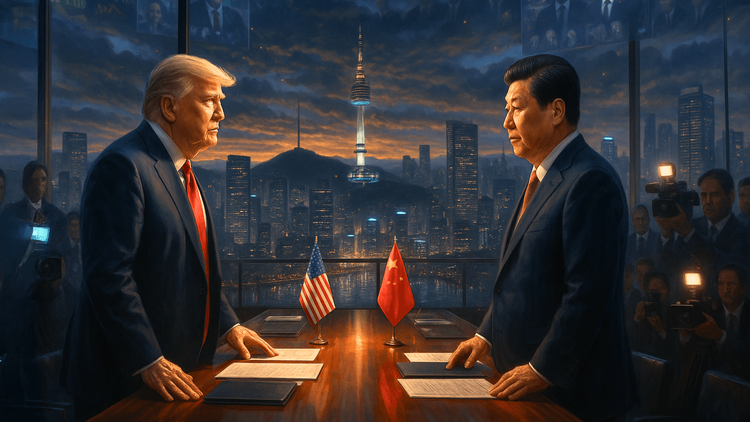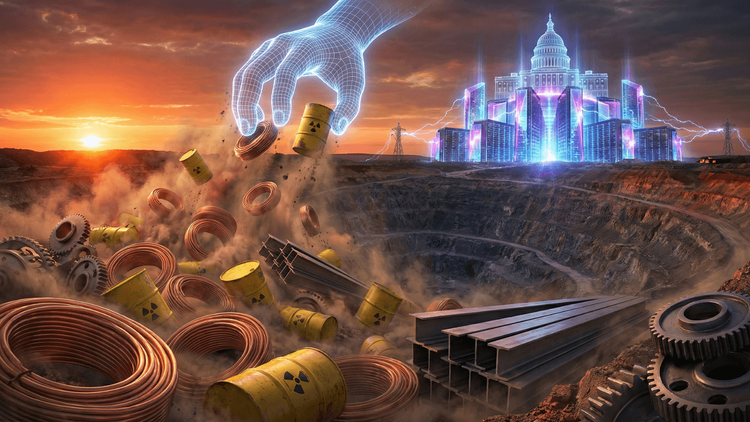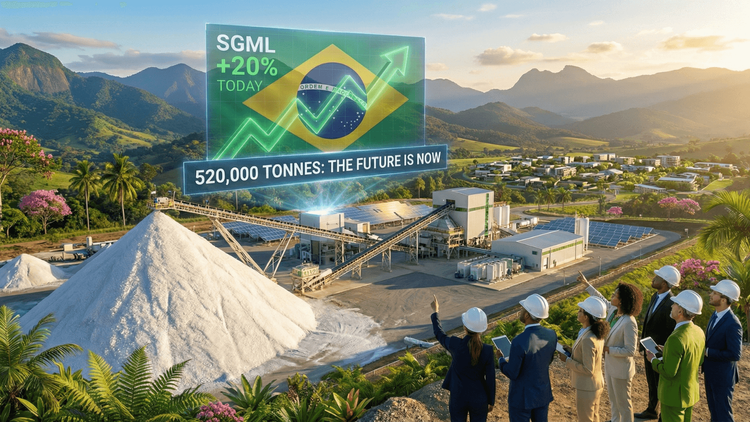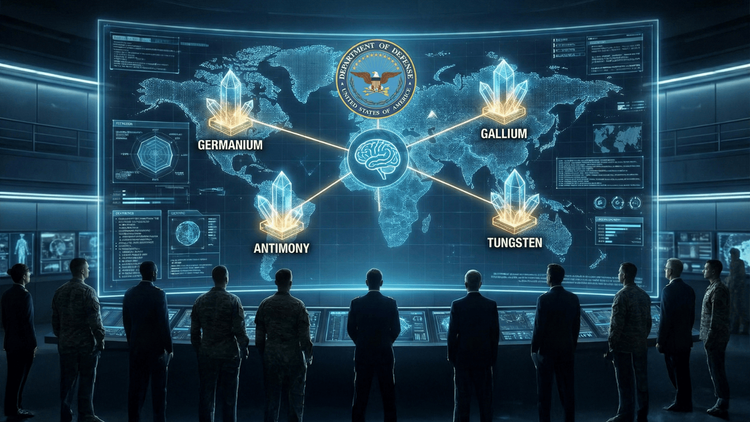The World Watches as Trump and Xi Prepare for Trade Talks in Seoul
A pivotal face-to-face between Donald Trump and Xi Jinping at the APEC summit could redefine the balance of global power, trade, and technology as tensions between Washington and Beijing reach a boiling point.

After years of icy distance and a renewed round of economic tensions, U.S. President Donald Trump and Chinese President Xi Jinping are set to meet face-to-face next Thursday on the sidelines of the Asia-Pacific Economic Cooperation (APEC) summit in South Korea. The White House confirmed the long-anticipated encounter, marking the first direct meeting between the two leaders since Trump’s dramatic return to power earlier this year.
The meeting will take place against the backdrop of a fragile global economy and renewed uncertainty over trade. The leaders of the world’s two largest economies have spoken several times in recent months, but this meeting carries added weight. It’s the first since 2019, when Trump last sat down with Xi during his previous term in office. The question now is whether this reunion will thaw relations or deepen the divide.
Trump’s Calculated Diplomacy
White House Press Secretary Karoline Leavitt announced the timing of the meeting during a Thursday press briefing, emphasizing that Trump views direct talks as “the best way to resolve differences.” From tariffs to technology bans, agricultural trade to the thorny question of Taiwan, the agenda is as heavy as it is politically explosive.
Trump, who departs Friday for a broader tour through Asia with stops in Malaysia and Japan, has long touted his ability to “make deals where others can’t.” Yet, this time the stakes are different. Both Washington and Beijing have spent the past months tightening their economic grip on each other’s industries. The U.S. has broadened export restrictions on key technologies, while China has retaliated by limiting exports of rare earth elements critical to manufacturing and clean energy.
Rare Earths and Realpolitik
If the last few months have revealed anything, it’s that economic warfare has evolved far beyond tariffs. Rare earth minerals—used in everything from smartphones and electric vehicles to military hardware—have become the new currency of global power. Trump’s threat to impose an additional 100% tariff on Chinese goods by November 1, should Beijing refuse to ease its export curbs, underscores the severity of the standoff.
The rare earth issue isn’t just about minerals; it’s about leverage. China controls nearly 70% of the global rare earth supply chain, and its willingness to weaponize that dominance has sent shockwaves through Western economies. Trump has called China’s move “an act of economic aggression,” while also admitting that such high tariffs are “not sustainable” in the long run. His remarks hint at a balancing act between toughness and pragmatism—a familiar rhythm in Trump’s trade playbook.






